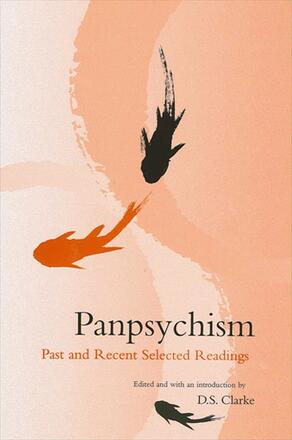
Panpsychism
Past and Recent Selected Readings
Alternative formats available from:
An anthology of readings in panpsychism, spanning two millennia.
Description
Panpsychism is the view that mentality extends from humans to animals, insects, plant cells, and other natural bodies exhibiting persisting unity of organization. Formulated in ancient times, it has since undergone a series of reformulations and defenses against criticisms, and is now experiencing a revival of interest. This comprehensive anthology, which includes selections spanning two millennia, chronicles the history of panpsychism, beginning with the early cosmologists of Greek philosophy and continuing into the present. The major philosophers responsible for developing and defending modern panpsychism are represented, including Leibniz, Fechner, Clifford, and Whitehead; detractors such as Edwards and Popper are also featured. An introduction outlines the principal issues raised in the selections, while commentaries accompanying the selections place them in context.
D. S. Clarke is Professor Emeritus of Philosophy at Southern Illinois University at Carbondale. He has written many books, including Panpsychism and the Religious Attitude, also published by SUNY Press.